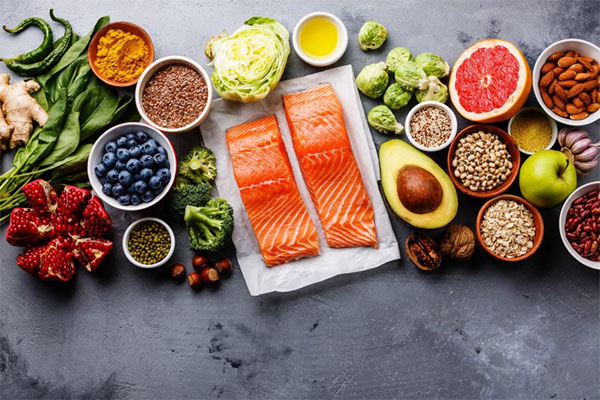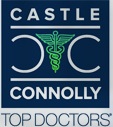
Nutrition is essential to positive surgical outcomes. However, 2 of every 3 major surgery patients are malnourished prior to surgery. Maximizing your health before and after surgery can help maximize your surgical outcome.
After surgery, your body will be working hard to heal itself. An increase in fatigue and inflammation and the increased need for energy all require proper nutrition to help your body heal.
Eating healthy foods with a balanced diet will help speed up your recovery while poor nutrition slows down the healing process and increases susceptibility to infections. The nutrients we get from our food fuel our body. Proteins, fats, carbohydrates, vitamins, and minerals all contribute to the biological activity occurring during the healing process
High-Quality Proteins: Eggs, poultry, fish, meat, and nuts are excellent sources of high-quality proteins. Proteins provide the building blocks, amino acids, to help the body repair itself, boost the body’s immunity, and preserve muscle.
Complex Carbohydrates: As a result of surgery, your metabolism will be elevated which increases the body’s calorie requirements. Calories obtained from complex carbohydrates such as whole grains, starchy vegetables, and legumes will provide the energy your body needs to heal. Avoid simple carbohydrates found in foods such as pastries, desserts, cookies, candy, soda, and ice cream.
Anti-Inflammatory Fats: Salmon, mackerel, sardines, and anchovies are good examples of fatty fish that contain high amounts of omega 3 fatty acids that have anti-inflammatory properties which reduces the inflammation in the body caused by surgery
Calcium and Vitamin D: Calcium is key for maximizing bone and joint health especially when undergoing joint replacement surgery. Good sources of calcium include spinach, chia seeds, and kale as well as dairy products. Apart from eating calcium-rich foods, you need to spend at least 15-20 a day outdoors in the daytime so your body can synthesize vitamin D from sunlight, which helps in the absorption of calcium from the food you eat.
Vitamin C: This vitamin is essential for the formation of collagen, which is present in the ligaments and tendons that connect the bones and muscles. Vitamin C rich foods include citrus fruits such as oranges, lemon, kiwi, and grapefruit; and vegetables such as cauliflower, capsicum, and Brussel sprouts.
Surgery puts the body under a lot of stress and proper nutrition is essential to ensure a positive surgical outcome. Eating healthy foods with a balanced diet will help speed up your recovery by providing your body the nutrients needed for healing.
Dr. Yaser A. Metwally is board-certified by both the American Board of Orthopedic Surgery and the Royal College of Surgeons of Canada. He received his fellowship of Reconstructive Surgery from the Mayo Clinic in Rochester, Minnesota and specializes in hip and knee replacement surgery.




 Book an Appointment
Book an Appointment
 Patient Portal
Patient Portal
